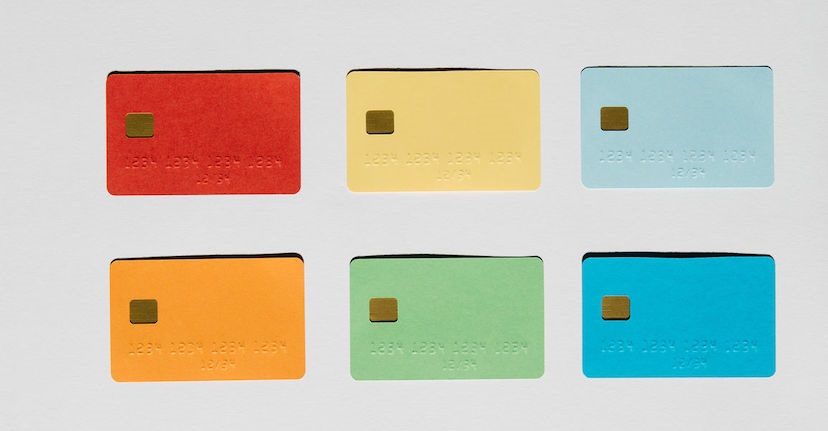Benefits of Debit Cards vs. Credit Cards
Pros and Cons of Credit Cards
Credit cards have some advantages. Credit card use is taken into account on your credit report, so using a credit card responsibly—things like making on-time payments and keeping credit utilization low—can be a good way to build credit.
Credit and debit cards both have security measures built in, but credit cards tend to provide more protection. If a debit card falls into the wrong hands, fraudsters can have access to real money. Generally victims can recover that money, but it can take time. When fraud occurs with a credit card, the consumer usually isn’t on the hook.
One big thing to watch out for with credit cards is the interest. Most credit cards charge compounding interest, which means that you end up paying interest on the interest you accrue. Essentially, if you don’t pay your statement in full each billing cycle, interest is calculated continually and added onto your balance, which you then also pay interest on (in other words, it compounds).
Even if you always make the minimum payment due, if you’re not paying off the credit card bill in full, then the remainder will accrue compounding interest. That can still add up, and the debt can start to feel insurmountable.
Pros and Cons of Debit Cards
There’s an old saying that “cash is king,” but for many consumers, it’s their debit card that’s the real star of their wallet.
A debit card serves a dual purpose–you can use it to get cash from an ATM, and also make purchases at both physical and online retailers.
While debit cards look, and sometimes act, like credit cards, these plastic payment cards actually function in a very different way. Debit cards deduct money directly from a consumer’s account to pay for a purchase.
Using a debit card for a majority of transactions may make it easier to stick to your budget, because you can spend only what you have in your account. You aren’t borrowing money as you would with a credit card, so you may find yourself paying more attention to every purchase and whether you can really afford it.
Debit cards also tend to come with lower spending limits, even if you have a hefty amount of money in your account. Those daily limits are meant to protect account holders by limiting the amount fraudsters could spend with a stolen debit card. But if you aren’t aware you have a limit—or don’t know what the limit is—you could get an unpleasant surprise when making a major purchase.
The Takeaway
It can be helpful for consumers to have both a credit and a debit card in their wallet, because each payment method has its advantages.
Ultimately, decisions about when to use debit cards and when to use credit cards come down to personal preference. By considering security, surcharges, and other factors, consumers can make more informed choices.
Please understand that this information provided is general in nature and shouldn’t be construed as a recommendation or solicitation of any products offered by SoFi’s affiliates and subsidiaries. In addition, this information is by no means meant to provide investment or financial advice, nor is it intended to serve as the basis for any investment decision or recommendation to buy or sell any asset. Keep in mind that investing involves risk, and past performance of an asset never guarantees future results or returns. It’s important for investors to consider their specific financial needs, goals, and risk profile before making an investment decision.
The information and analysis provided through hyperlinks to third party websites, while believed to be accurate, cannot be guaranteed by SoFi. These links are provided for informational purposes and should not be viewed as an endorsement. No brands or products mentioned are affiliated with SoFi, nor do they endorse or sponsor this content.
Communication of SoFi Wealth LLC an SEC Registered Investment Adviser
SoFi isn’t recommending and is not affiliated with the brands or companies displayed. Brands displayed neither endorse or sponsor this article. Third party trademarks and service marks referenced are property of their respective owners.
SOSS21062303



